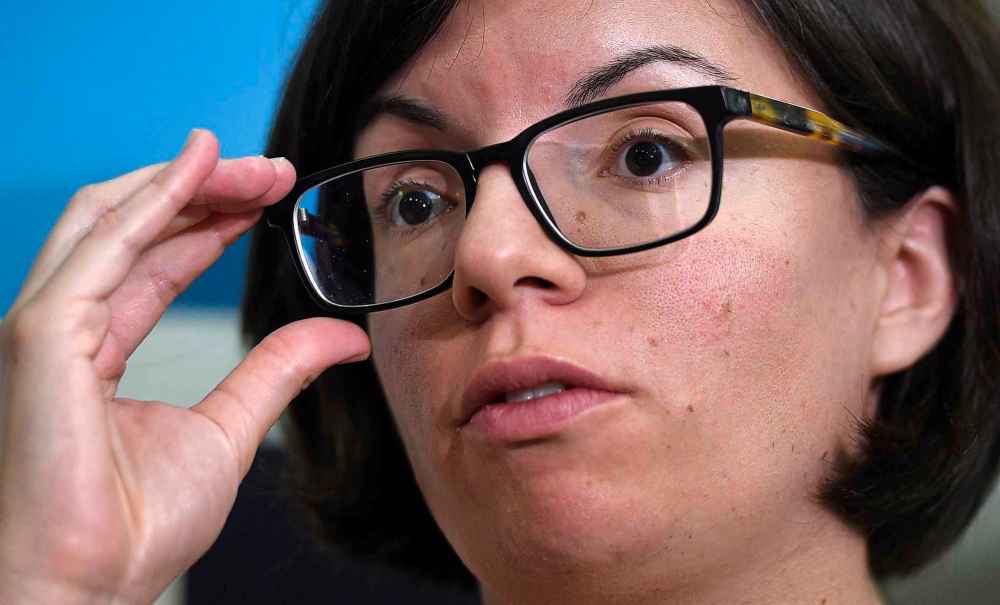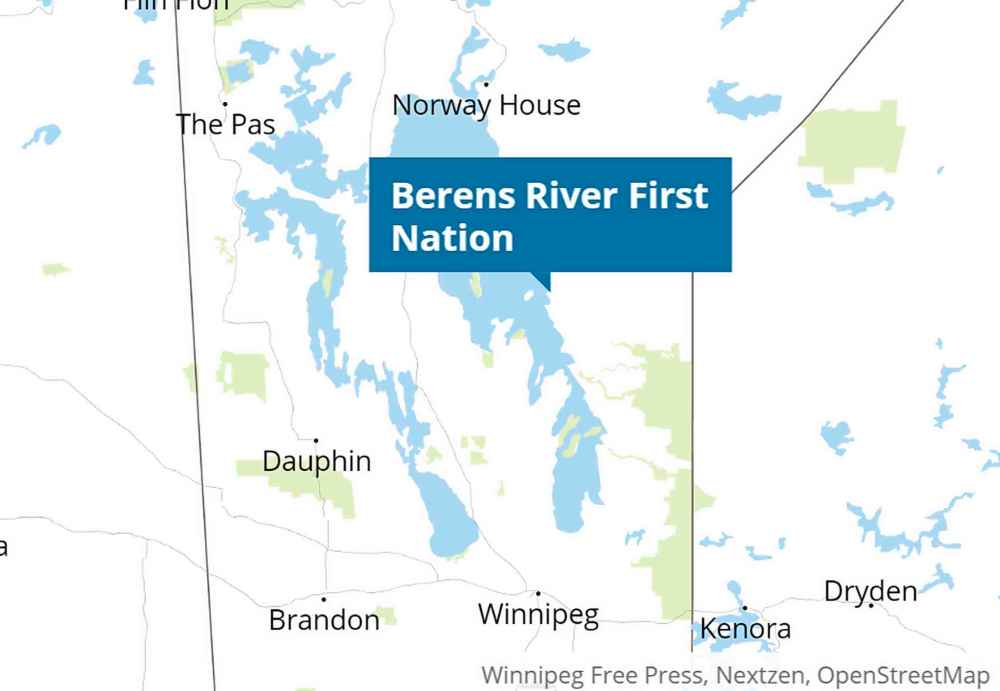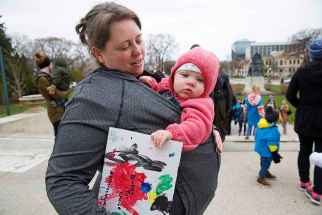First Nation loses its four dialysis machines; province says they weren’t used
Read this article for free:
or
Already have an account? Log in here »
To continue reading, please subscribe:
Monthly Digital Subscription
$0 for the first 4 weeks*
- Enjoy unlimited reading on winnipegfreepress.com
- Read the E-Edition, our digital replica newspaper
- Access News Break, our award-winning app
- Play interactive puzzles
*No charge for 4 weeks then price increases to the regular rate of $19.00 plus GST every four weeks. Offer available to new and qualified returning subscribers only. Cancel any time.
Monthly Digital Subscription
$4.75/week*
- Enjoy unlimited reading on winnipegfreepress.com
- Read the E-Edition, our digital replica newspaper
- Access News Break, our award-winning app
- Play interactive puzzles
*Billed as $19 plus GST every four weeks. Cancel any time.
To continue reading, please subscribe:
Add Free Press access to your Brandon Sun subscription for only an additional
$1 for the first 4 weeks*
*Your next subscription payment will increase by $1.00 and you will be charged $16.99 plus GST for four weeks. After four weeks, your payment will increase to $23.99 plus GST every four weeks.
Read unlimited articles for free today:
or
Already have an account? Log in here »
Hey there, time traveller!
This article was published 06/05/2019 (2413 days ago), so information in it may no longer be current.
OTTAWA — Nurses at Berens River First Nation initially thought someone had stolen their health centre’s four dialysis machines.
The province says it was simply moving unused equipment to where it was needed most, but reserve officials say no one notified them of the change, one that illustrates the challenges of health care in small communities.
“They’ve really pulled the rug from under the community’s feet,” said northern Manitoba MP Niki Ashton, who visited Berens River last month. The First Nation is located 270 kilometres north of Winnipeg, and counts 3,500 band members, two-thirds of whom live on the reserve.

In 2007, the provincial NDP government announced it would install two dialysis machines on the reserve, so that patients with kidney issues did not have to fly to Winnipeg for care. The unit later expanded to four units and beds.
But in the province closed the unit in January; the last on-reserve resident needing dialysis died last June. At that point, the province was paying for the equivalent of 2.6 full-time nurses despite “no patients for several months,” and none living on the reserve qualifying for the treatment.
“There was no patient for months, and so the decision was made to temporary suspend the unit until there were patients,” said Amie Lesyk, a spokeswoman for the Manitoba Renal Program.
“It’s a temporary situation. The machines have been pulled out so they can be maintained in the interim, so that they’re not sitting there not being used and not being maintained.”
However, Berens Rivers health director Donna Everett said a woman in her 70s was being tested for dialysis at the time, and was approved for the treatment after the machines were removed.
The elderly woman was sent to Winnipeg for treatment, and Everett said she’s asked to return. Everett claims six other band members might qualify for treatment soon, though officials say none have met that bar yet.
“It was a shock when they took (the machines) because there was no formal letter or phone call,” Everett said. “We thought in the beginning that they were stolen. Like, we were going to call the RCMP.”
Renal program personnel met with band officials last October; the province says it informed the reserve it would be pulling out its equipment. Everett said the idea was floated, but the community received no formal notice.
In any case, program officials say that with fewer than four patients, dialysis nurses would not have enough hours to keep their annual licence.
Lesyk said the officials “check in with patients all the time” to see who can use the machines and avoid waiting lists.
“We want our units to be used; the more people we can get dialyzing closer to home, the better.”
Manitoba Health Minister Cameron Friesen was not made available for an interview Monday.
Ashton, whose riding has one of the highest diabetes rates in Canada, argues patients dispatched to Winnipeg are stressed without their community support and have worse health outcomes.
‘We want our units to be used; the more people we can get dialyzing closer to home, the better.’ – Amie Lesyk, Manitoba Renal Program spokeswoman
“It doesn’t make financial sense and it doesn’t make sense in terms of people’s human dignity,” she said.
Ashton brought up the issue in Parliament last week; Indigenous Services Minister Seamus O’Regan responded by listing health-care investments.
The federal government has been helping northern First Nations with long-term plans to devolve health care into their hands, in part to avoid cost disputes between Ottawa and Manitoba.
The Interlake-Eastern Regional Health Authority noted that fewer dialysis patients “could reflect the delivery of enhanced primary health care” to avoid patients needing dialysis.
Still, Liberal MLA Judy Klassen said Berens River was “left in the dark” during the pullout, and she claims patients living in Winnipeg have told her they’re trying to relocate to the reserve.

“I’m very scared because we have faced nothing but cuts in our communities under this (provincial) government,” Klassen said.
Last November, Ashton took the province to task over moving an obstetrical delivery program in Flin Flon to join one in The Pas.
“There’s no question the North is being short-changed,” she said. “These are Manitobans we’re talking about.”
Ottawa pays to billet patients from reserves to places such as Winnipeg for up to three months. Ashton argues Ottawa should pay to send a dialysis machine to Berens River.
“Ultimately, they are paying in other ways,” she said.
The Southern Chiefs’ Organization is investigating the situation. The renal program and the local health authority expect to meet with the community.
dylan.robertson@freepress.mb.ca
History
Updated on Monday, May 6, 2019 7:28 PM CDT: Fixes typo.











